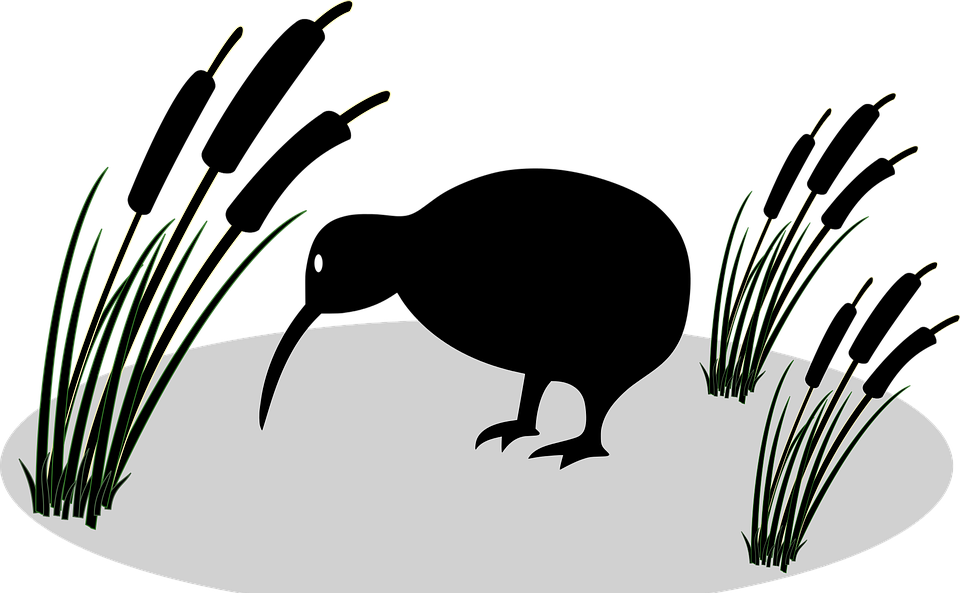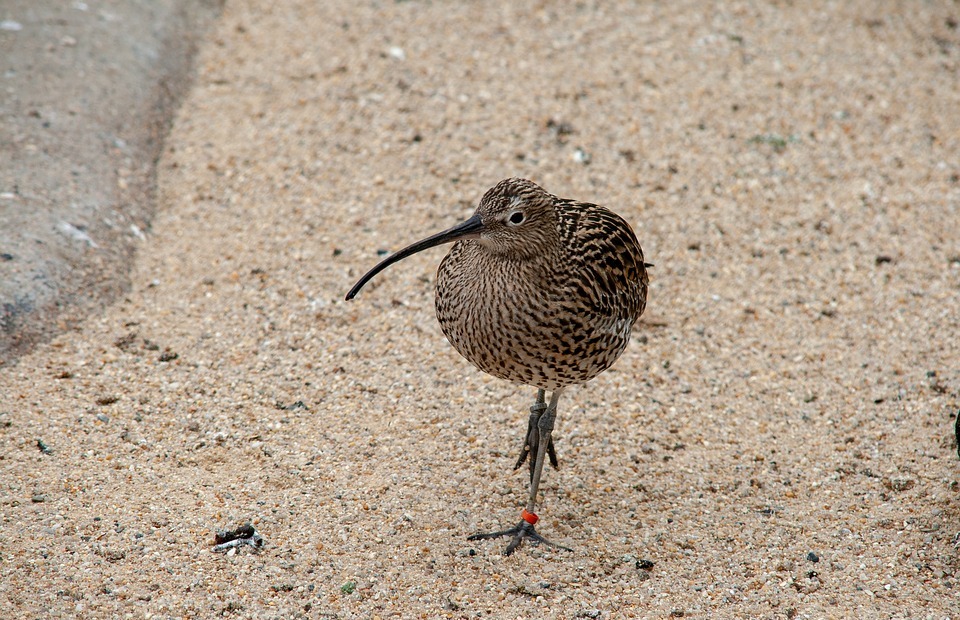This comprehensive guide delves into the safety of kiwifruit for rabbits, exploring the potential benefits and risks associated with feeding this exotic fruit to your furry companions. We'll cover the nutritional content of kiwifruit, examine the pros and cons of including it in your rabbit's diet, and offer practical advice on how to safely introduce and feed kiwifruit to your rabbits.
Part 1: Unveiling the Nutritional Value of Kiwi

1.1. A Treasure Trove of Vitamins and Minerals
Kiwifruit is a veritable treasure trove of essential vitamins and minerals that contribute to overall health and well-being.
- Vitamin C: A potent antioxidant, essential for immune system function, collagen production, wound healing, and tissue repair.
- Vitamin K: Vital for blood clotting, maintaining bone health, and promoting proper calcium absorption.
- Potassium: Plays a key role in regulating blood pressure, maintaining fluid balance, and supporting muscle function.
- Fibre: Provides essential roughage for digestive health, promoting regular bowel movements and aiding in the elimination of waste products.
- Folate: Essential for cell growth and development, particularly important during pregnancy.
- Vitamin E: A powerful antioxidant that protects cells from damage caused by free radicals.
1.2. A Low-Calorie, Nutrient-Dense Delicacy
Kiwifruit is a relatively low-calorie fruit, making it a healthy option for weight management. Despite its low calorie content, it provides a significant amount of nutrients, making it a nutrient-dense food. This means you get a high concentration of vitamins, minerals, and antioxidants for a minimal amount of calories.
Part 2: Exploring the Benefits of Kiwi for Rabbits

2.1. A Boost for the Immune System
Kiwifruit's high vitamin C content can help strengthen your rabbit's immune system, making them more resilient to infections and diseases. A robust immune system is crucial for maintaining overall health and warding off illnesses.
2.2. Promoting Optimal Digestive Health
The fibre content in kiwifruit acts as a natural prebiotic, aiding in the digestion of food and promoting healthy bowel function. This helps prevent constipation and supports the growth of beneficial bacteria in the gut, contributing to overall digestive health.
2.3. Supporting Strong Bones
Vitamin K, found in kiwifruit, plays a vital role in bone health, promoting calcium absorption and supporting bone strength and density. This is particularly important for growing rabbits and older rabbits who may be more prone to bone loss.
Part 3: Potential Risks of Feeding Kiwi to Rabbits
3.1. Sugar Content: A Balancing Act
While kiwifruit is nutritious, it also has a relatively high sugar content. Excess sugar can contribute to weight gain, dental problems, and even insulin resistance in rabbits.
3.2. Digestive Upset: A Gradual Approach
The high fibre content in kiwifruit can cause digestive upset in rabbits if not introduced gradually and in moderation. Rapid changes in diet can disrupt the delicate balance of bacteria in the gut, leading to diarrhoea, gas, or bloating.
3.3. Allergic Reactions: A Rare but Possible Occurrence
While uncommon, some rabbits may be allergic to kiwifruit, leading to symptoms such as itching, skin rash, or digestive upset. It's essential to observe your rabbit closely after introducing kiwi for any signs of an allergic reaction.
Part 4: Mastering the Art of Introducing Kiwi to Your Rabbit
4.1. Gradual Introduction: A Key to Success
Start by offering a tiny piece of kiwi, no larger than a pea, and observe your rabbit closely for any signs of adverse reactions. This gradual introduction allows your rabbit's digestive system to adjust to the new food.
4.2. Monitoring for Reactions: Vigilance is Key
Watch your rabbit closely for any signs of allergy, such as itching, sneezing, skin rash, or digestive upset. If you notice any of these symptoms, discontinue feeding kiwi and consult your veterinarian.
4.3. Frequency and Quantity: Finding the Sweet Spot
If your rabbit tolerates kiwi well, you can gradually increase the frequency and quantity of kiwi offered, but always in moderation. Start with a small piece 1-2 times a week and monitor your rabbit's weight and overall health.
Part 5: Safe Serving Size and Frequency: Navigating the Right Balance
5.1. Determining the Ideal Amount: A Personalized Approach
The ideal serving size depends on your rabbit's size, age, activity level, and overall health. A general guideline is to offer a small piece, no larger than a fingernail, 1-2 times a week.
5.2. Avoiding Excess: Preventing Potential Health Issues
Overfeeding kiwi can lead to weight gain, dental problems, digestive issues, and even health complications. Always monitor your rabbit's weight and adjust the serving size accordingly.
Part 6: Safe Kiwi Preparation Techniques for Rabbits
6.1. Removing the Skin and Seeds: A Crucial Step
The skin and seeds of kiwifruit can be difficult for rabbits to digest and may cause choking hazards. Always remove the skin and seeds before feeding kiwi to your rabbit.
6.2. Cutting into Bite-Sized Pieces: Ensuring Easy Consumption
Cut the kiwi into small, bite-sized pieces to prevent choking and make it easier for your rabbit to consume. This also helps avoid digestive issues that can arise from large pieces of food.
6.3. Fresh or Frozen: A Choice for Every Occasion
Both fresh and frozen kiwi are safe for rabbits. Frozen kiwi can be a refreshing treat in hot weather and can also help with dental health.
Part 7: Exploring Alternatives to Kiwi for Rabbits
7.1. A Variety of Fruits and Vegetables: Providing a Balanced Diet
If your rabbit has a sensitivity to kiwi, there are many other fruits and vegetables that offer similar nutritional benefits, such as:
- Bananas (in moderation due to sugar content)
- Apples (remove seeds and core)
- Strawberries
- Bell peppers
- Celery
- Spinach
- Parsley
- Cilantro
- Dandelion greens
7.2. The Foundation of a Healthy Diet: Hay and Pellets
The foundation of your rabbit's diet should be hay and pellets. Hay provides essential roughage for healthy digestion, while pellets offer balanced nutrition.
Part 8: FAQs - Addressing Common Queries
8.1. Can rabbits eat kiwi skin?
No, it's best to remove the skin and seeds of kiwi before feeding it to your rabbit. They can be difficult to digest and pose choking hazards.
8.2. How often can I give my rabbit kiwi?
As a general guideline, offering a small piece of kiwi 1-2 times a week is appropriate for most rabbits. Adjust the frequency based on your rabbit's individual needs and tolerance.
8.3. What if my rabbit has diarrhoea after eating kiwi?
If your rabbit experiences diarrhoea after eating kiwi, discontinue feeding it and consult your veterinarian for advice. Diarrhoea can be a sign of digestive upset or a more serious health issue.
8.4. Can I feed my rabbit kiwi seeds?
No, kiwi seeds are difficult for rabbits to digest and may cause digestive upset or choking. Always remove the seeds before feeding kiwi to your rabbit.
8.5. What are the signs of a kiwi allergy in rabbits?
Signs of a kiwi allergy in rabbits may include itching, sneezing, skin rash, digestive upset, or even lethargy. If you notice any of these symptoms, discontinue feeding kiwi and consult your veterinarian.
8.6. Can baby rabbits eat kiwi?
It's best to avoid feeding kiwi to baby rabbits until they are at least 4-6 weeks old. Their digestive systems are still developing and may not be able to handle the high fibre content of kiwi.
8.7. Is it safe to feed wild rabbits kiwi?
It's best to avoid feeding wild rabbits any type of fruit or vegetable, as their diet should consist of natural vegetation. Wild rabbits can often find their own food sources and providing them with human food can disrupt their natural feeding behaviour and potentially cause health issues.
Everyone is watching
-

Do Rabbits Lay Eggs? (The Surprising Truth)
OTHER TYPES OF PETSThis article will unravel the common misconception that rabbits lay eggs, exploring the fascinating world of r...
-

Can Rabbits Eat Grapes? A Guide to Safe Rabbit Treats
OTHER TYPES OF PETSThis comprehensive guide will explore the safety and suitability of grapes for rabbits, providing detailed inf...
-

What's a Group of Rabbits Called? (A Comprehensive Guide)
OTHER TYPES OF PETSThis article delves into the fascinating world of rabbits, exploring the various terms used to describe a grou...
-

Predators That Hunt Rabbits: A Guide to Natural Enemies
OTHER TYPES OF PETSI've always been fascinated by the circle of life, that delicate dance between predator and prey. Growing up ...
-

Are Rabbits Nocturnal Animals?
OTHER TYPES OF PETSThe question of whether rabbits are nocturnal animals is a fascinating one, with a surprisingly complex answer...
